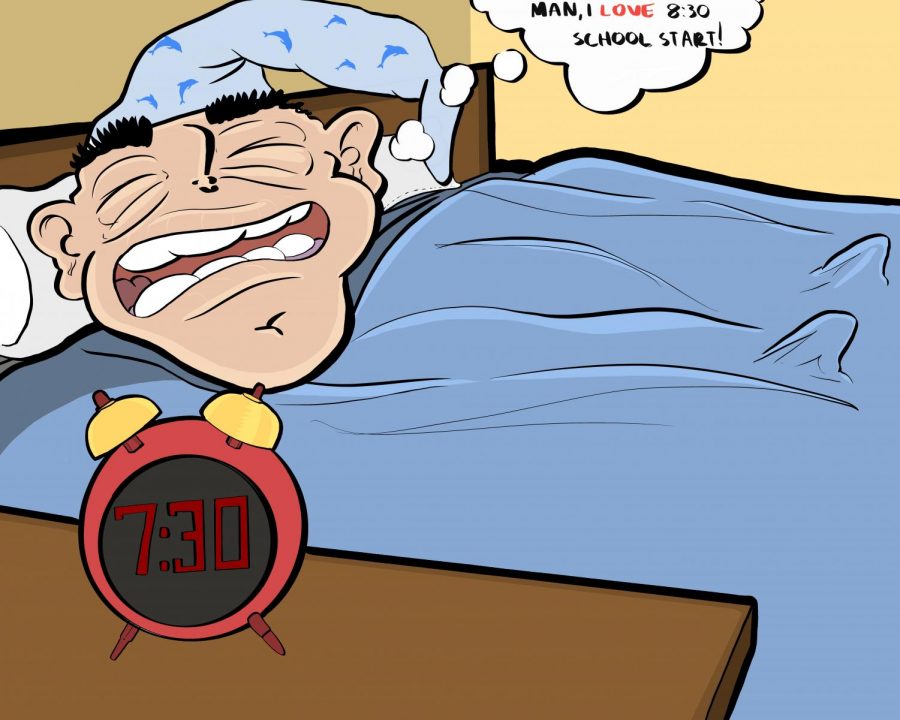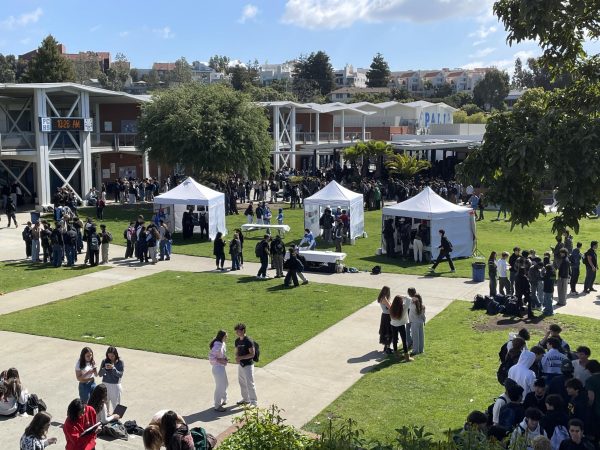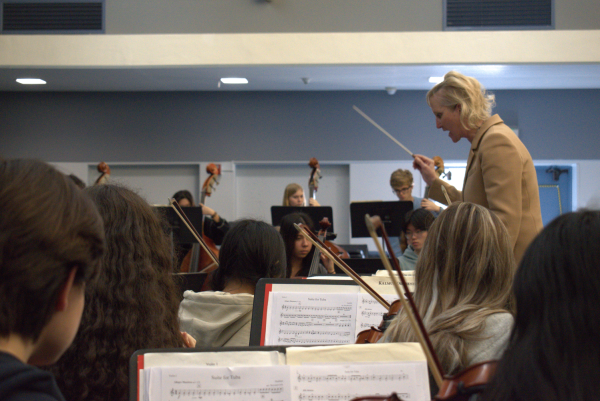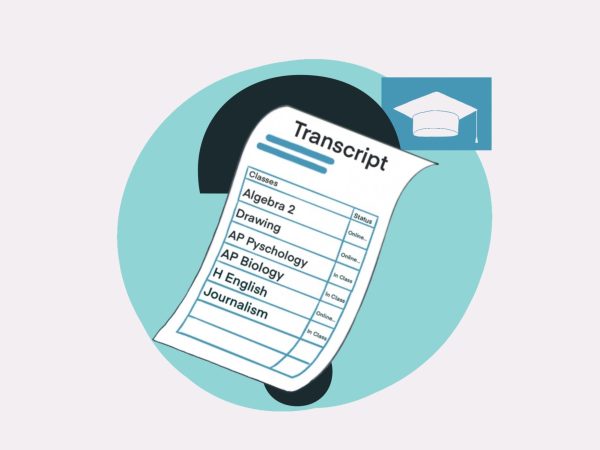Pali Anticipates New Bell Schedule
Senate Bill 328, approved by California Governor Gavin Newsom more than two years ago, mandates that all state public high schools start after 8:30 a.m. For Pali, this means that starting next school year, all classes will begin at least forty minutes later.
According to The Washington Post, this initiative attempts to address medical research proving that most teens are sleep deprived. With California leading the pack as the first state to require a later start time for schools, Pali officials are hopeful that this change will have positive effects on its own student body.
Pali’s Academic Accountability Committee, which oversees school policies and makes recommendations to the Board of Trustees, has been meeting to discuss several different ideas for next year’s new schedule. One plan proposed ending fifth and sixth periods at 2:46 p.m. and seventh periods at 3:48 p.m.
There were also talks of adding a potential advisory period for all students. This would provide life skills and executive functioning curriculums that could lead to an even later end to the school day, according to English teacher Steve Klima, who is part of the Academic Accountability Committee.
Some students said that they are looking forward to the extra sleep they will be getting next year due to the mandate.
“It’s a good idea. I want to get an extra hour of sleep,” Pali sophomore Safiye Gurdil said. “We would still be getting the same amount of school, so I think the schedule change would be worth it.”
Some teachers agree that the later start will have a positive impact on students.
“If you don’t change the [school start time], it makes life difficult because I had like three kids sleeping today in class,” Pali English teacher Ronnie Cohen said. “Kids are always so tired.”
However, the shift in start time brings concerns for many.
Klima said he believes that the biggest effects will be on students who live farther away from Pali.
“I think that especially for students who live near Koreatown or near downtown, it’s going to severely impact their traveling time,” Klima said. “It’s going to double it and sometimes triple it, so I’m not very fond of the new law.”
Still, others believe that the mandate will not be enough to offer the student relief it promises.
“It seems to me that the problem isn’t going to be solved by [adding] forty minutes,” Cohen said “I think we need a good hour and a half [more].”
While some may disagree on the effectiveness of the policy in bringing about positive change, Cohen said, “I don’t know if there’s an easy solution where everyone’s going to be satisfied. I don’t think there is.”

Sarah Soroosh Moghadam, a senior at Pali High, joined Tideline as a news staff writer her sophomore year. This year, she is excited to continue improving...
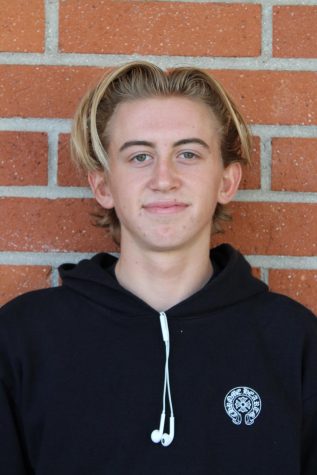
Ozzie Gabbard, a senior at Pali High, is excited for the opportunity to work as an illustrator for Tideline. He has taken-- and is currently taking --...


